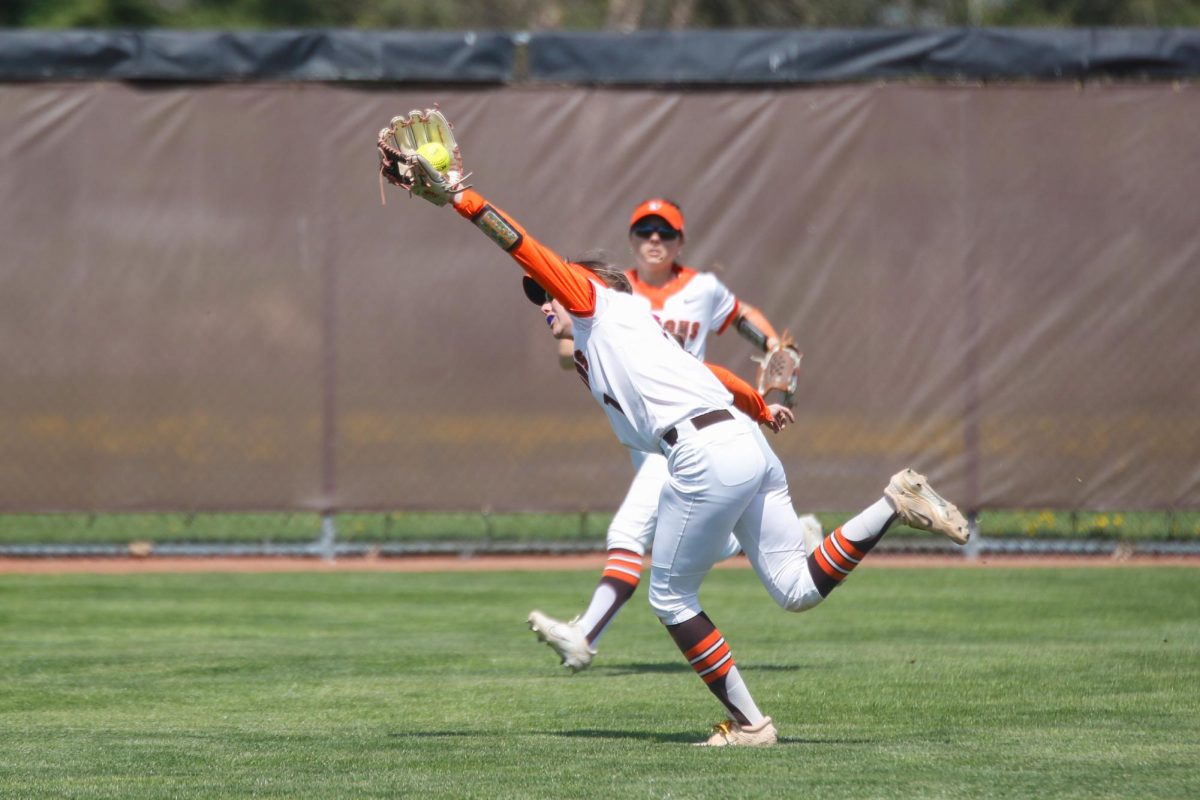By Howard Cohen KRT
MIAMI – Stroll onto any college campus and you’ll see iPods galore.
But while many of the students are no doubt cranking Arctic Monkeys, just as many are listening to podcasts of lectures or specially designed video “vodcasts” of supplemental classroom material.
It’s education gone high tech. In fact, to be a professor one must be increasingly tech savvy.
Consider Dr. Ron Clark, the coordinator of the neuroscience module for the University of Miami’s Miller School of Medicine. Among the first to take advantage of the new technology, Clark has developed a number of vodcasts by mixing voice, animation and live action to detail the brain and visual system.
“I teach about the brain and we learn in different ways,” said Clark, who adds background music to his vodcasts. “Some students love to read primarily. Some are good with audio. Some with video. This has both and images are important on the national board exams for students.”
Repetition reinforces learning.
“If this is something they can go over in less time and review a whole subject matter several times it should be advantageous.”
University of Miami first year medical student Michael Gombosh, 27, thinks it is.
“You can download to your iPod to watch in a car or while on the Metrorail or take to the gym and watch over there while on breaks,” Gombosh said.
“Dr Clark has taken a 50-minute material lecture and condensed it down to the most important things in a 15-minute segment. It’s a lot faster-paced; you get hammered home the most important things.”
Second year med student Samantha Xavier, 24, nods. Podcasts, which are also available on regular computers for students lacking iPods, help her retain what she heard in class. Instead of scribbling notes, she can pay attention in class; interact with fellow med students and the instructor; and then pick pertinent auditory information off her iPod.
“When you have a quick question I can just go to that lecture [on the iPod] and go to that point,” she said. “I wish I had the video now.”
Vodcasts for second-year students is coming shortly, probably next semester, said Ryan Bard, UM’s Web systems developer.
Educause, a national non-profit association that promotes and tracks the use of information technology within universities, said the use of audio-only podcasts and the new video vodcasts is primed to grow exponentially.
“It’s a phenomenon,” said Educause’s director of communications Peter DeBlois from his Colorado office.
Already on line: Broward Community College, Stanford, University of Oregon, University of California-Irvine and Georgia State University.
Two years ago, Duke University provided iPods to its incoming freshman class and faculty to kickstart its podcasting program. Since then, Duke has expanded the program to all years and 42 classes – everything from foreign languages to engineering – said Richard Lucic, associate chair of Duke’s computer science department.
Duke professors can apply to designate their class an “iPod course” and if approved by the school, the course’s students receive an iPod. If the students pass the course, they can keep the iPod.
“They’ve done a lot of evaluations and focus groups with faculty and students and asked if they thought [podcasting] made a difference and the answer keeps coming out fairly positive,” Lucic said.
For Korin Munsterman, American University’s Washington College of Law’s director of the Office of Technology, it was a no-brainer.
“One of the main selling points was that students can listen to podcasts repeatedly and if English is a second language … they can modulate the playback, slow it down.”














